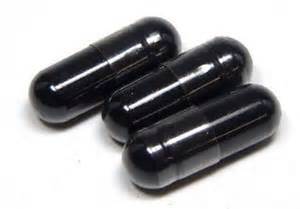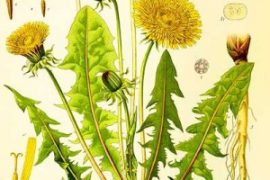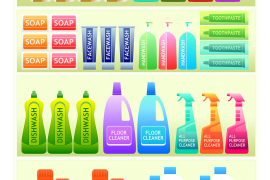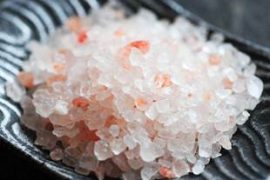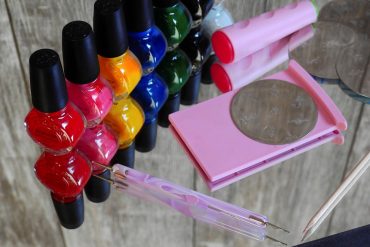This amazing detoxifying and purifying ingredient can be added to any beauty routine for fresh, glowing skin. While activated charcoal may be new to some folks, use of charcoal dates back to the Egyptians. Since then it has been used in everything from gas masks in World War 1, to preventing soldiers from being exposed to chemical gas, to water filters, air cleaners, salves, soaps, teeth whiteners, to relieving the pain of bites and stings and face masks. It is obviously a versatile product.
Where does activated charcoal from?
Charcoal can come from sources such as wood, coconut shell or bamboo. It is activated through the process of oxygen or steam. Treating the charcoal in this way increases the surface area of charcoal, to 300-2,000 square meters per gram, which makes it highly efficient in its ability to trap chemicals and toxins.
Activated charcoal is used for detoxifying and purifying the skin or body dependent upon the product that is used. Its primary action is that of adsorbing chemicals so they can be removed or neutralized. Adsorbing is not a typo. When something absorbs it soaks up other substances, but activated charcoal adsorbs which means it binds to substances. After charcoal is treated, the thin layer of film on its exterior surface will bind to toxins. This makes it a great option for a face mask to help remove pollutants and chemicals that you are exposed to on a daily basis.
Info about the ingredients used in this recipe
Charcoal- Charcoal removes toxins from the skin. It can be beneficial for acne and other skin conditions. It can also be used to remove make up. Charcoal will help to deep clean and detoxify the skin.
White clay–Kaolin clay has natural absorbency properties and is found in numerous soaps, masks and facial powders. It is also one of the mildest of the clays. This clay is high in silica which is helpful in removing dead skin cells. Kaolin is used as a cleansing and detoxifying agent.
Green clay-Not all French green clay comes from France, similar deposits have been found in the western U.S., China and European countries. Green clay absorbs oils, toxic substances, and impurities from your skin. It also tones the skin, making it feel tight and smooth. Green clay is also helpful for clearing occasional skin blemishes.
Bentonite clay–Bentonite is a common clay which comes from naturally occurring volcanic ash sediments. Bentonite clay binds toxins making them more soluble. Bentonite, also known as Montmorillonite, is a very effective and powerful healing clays. Bentonite is frequently used in masks and other skin care recipes.
Face mask recipe
The Hearty Soul provided this wonderful recipe:
1 tsp activated charcoal
2 tsp of white clay
1 tsp green clay
1 tsp bentonite clay
4-5 tsp of rose water (depends on the consistency you want, not too watery)
1-2 drops essential oils (optional)
For essential oil options click here
Notes:
Place all ingredients in a non-metallic bowl. Mix to a smooth even colored paste using a wooden or plastic spoon. (Clays and charcoal can pull toxins from metals). Apply to your face in a thin and even layer, being sure to avoid your eyes and lips. Allow mask to dry and rinse off.
This mask will be dark in color and can stain clothing or countertops, it does not stain your skin.
Always test mixture on a small area of skin to be sure that you don’t have any negative reactions.
Where to find activated charcoal
Activated charcoal is available online in loose powder and in capsules. There are numerous sources to choose from. I like these brands:
Now -Charcoal capsules
Prescribed for Life -Coal-Conut Food Grade Coconut Shell Activated Charcoal
Buy Activated Charcoal- Variety of coconut charcoals
References:
http://www.emedicinehealth.com/activated_charcoal/article_em.htm
http://www.moneycrashers.com/activated-charcoal-uses-health-benefits/
This article was originally posted at The Hearty Soul

